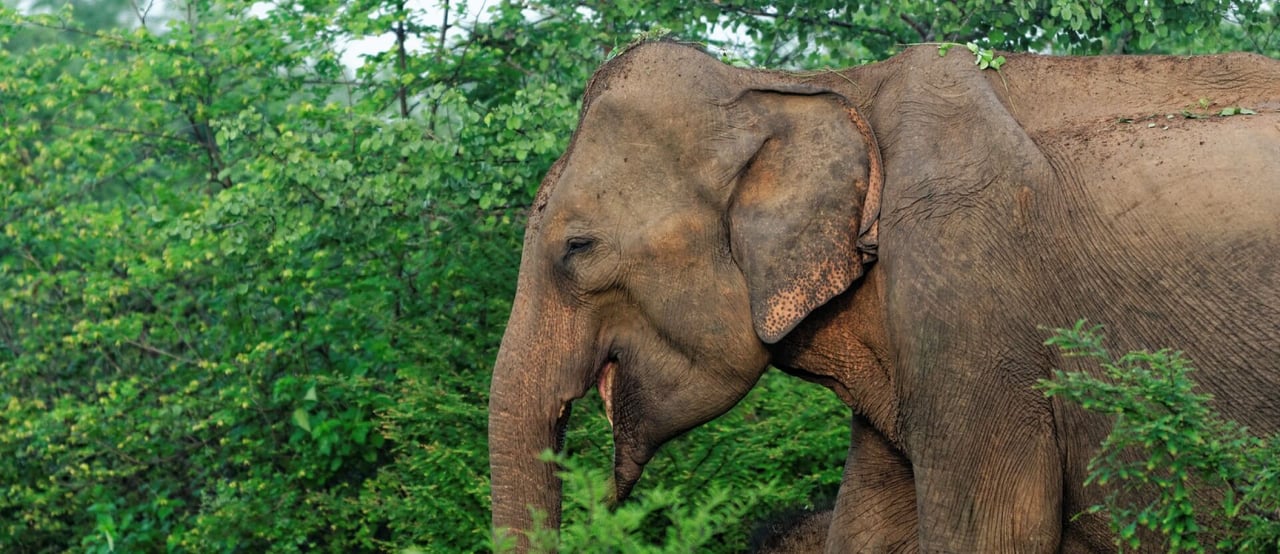Behind Bars: Lifting the Lid off Kenya’s Cruel Wildlife Farming
Wildlife farming in Kenya fuels cruelty, illegal trade, and public health risks. Farms exploit animals, such as birds and reptiles, for profit. It’s time to end this cruelty.

Wildlife farming in Kenya fuels cruelty, illegal trade, and public health risks. Farms exploit animals, such as birds and reptiles, for profit. It’s time to end this cruelty.
Together we can drive down consumer demand and expose the lies of businesses that profit from cruelty.
World Animal Protection is working to transform the lives of animals, permanently. How?
By challenging the root causes of their suffering so we can make the biggest, lasting impact on their lives. We achieve this by working towards:
We are on a mission to give wildlife their right to a wild life.